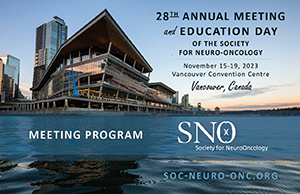
Tavarekere N. Nagaraja
Henry Ford Health
Detroit, Michigan, United States
My name is Dr. Tavarekere N. Nagaraja. I am an Asst. Scientist at the Dept. of Neurosurgery, Henry Ford Hospital, Detroit, MI. For the past >20 years, my research has focused on understanding the changes in the brain blood vessel function using animal models of stroke and brain tumors using magnetic resonance imaging (MRI), quantitative autoradiography and fluorescence microscopy. These are combined with a variety of histological and biochemical methods with functional outcome as the primary endpoint. Some of the MRI methods that we’ve developed to image animal brains have been used in translational studies for human brain imaging. My research has primarily focused on: (1) vascular pathophysiology primary brain tumors such as glioma; (2) mechanisms of vascular normalization to improve drug delivery to brain tumors; and (3) vascular protective therapies for stroke. Delivering treatments to diseases that affect primarily the brain has proven difficult. This is due to the specialized nature of blood vessels of the brain that do not permit the entry substrates in blood except nutrients and oxygen. This is necessary for normal brain functioning since brain cells are sensitive to even small changes in their environment. However, under disease conditions such as brain tumors, traumatic brain injury and stroke, most drug molecules are blocked from entering the brain making timely drug delivery to such diseases nearly impossible. Thus, high rates of mortalities are observed in these patient populations. The status of neuronal cells in these diseases has been the focus of past research, but now we study the interactions between neuronal cells, their blood supply and their supporting cells to understand better the disease processes. Such interactions can be unique to a given altered brain condition and need to be understood in the context of that disease, but can offer a broader range of treatment targets.

